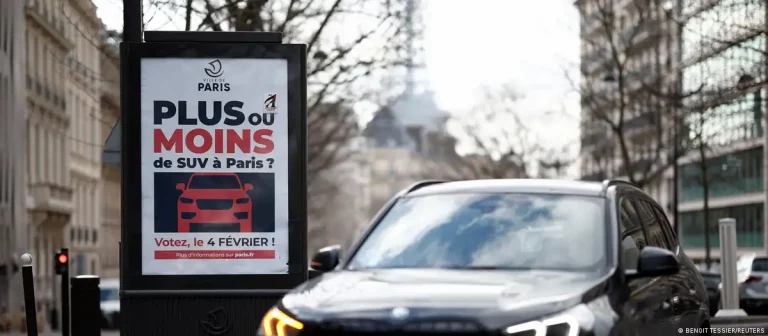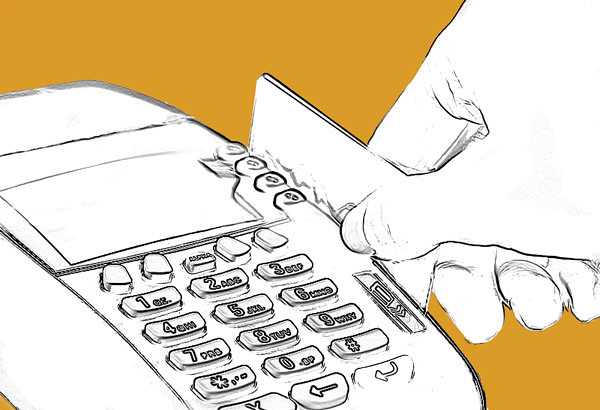New York Times Magazine – The Innovations Issue

The annual Innovations Issue of the New York Times Magazine arrives this Sunday. Two highlights:
32 Innovations That Will Change Your Tomorrow
An abridged guide to the many ways that your day is about to get better.
15. The Kindness Hack
Researchers at Wharton, Yale and Harvard have figured out how to make employees feel less pressed for time: force them to help others. According to a recent study, giving workers menial tasks or, surprisingly, longer breaks actually leads them to believe that they have less time, while having them write to a sick child, for instance, makes them feel more in control and “willing to commit to future engagements despite their busy schedules.†The idea is that completing an altruistic task increases your sense of productivity, which in turn boosts your confidence about finishing everything else you need to do.
How Kinect Spawned a Commercial Ecosystem
The wildly popular Kinect bred a rich subculture of techies dreaming up new uses for it.
“An object that spawns its own commercial ecosystem is a thing to take seriously. […] But there is disagreement about exactly how the Kinect evolved into an object with such potential. Did Microsoft intentionally create a versatile platform analogous to the app store? Or did outsider tech-artists and hobbyists take what the company thought of as a gaming device and redefine its potential?
This clash of theories illustrates a larger debate about the nature of innovation in the 21st century, and the even larger question of who, exactly, decides what any given object is really for. Does progress flow from a corporate entity’s offering a whiz-bang breakthrough embraced by the masses? Or does techno-thing success now depend on the company’s acquiescing to the crowd’s input? Which vision of an object’s meaning wins? The Kinect does not neatly conform to either theory. But in this instance, maybe it’s not about whose vision wins; maybe it’s about the contest.”



